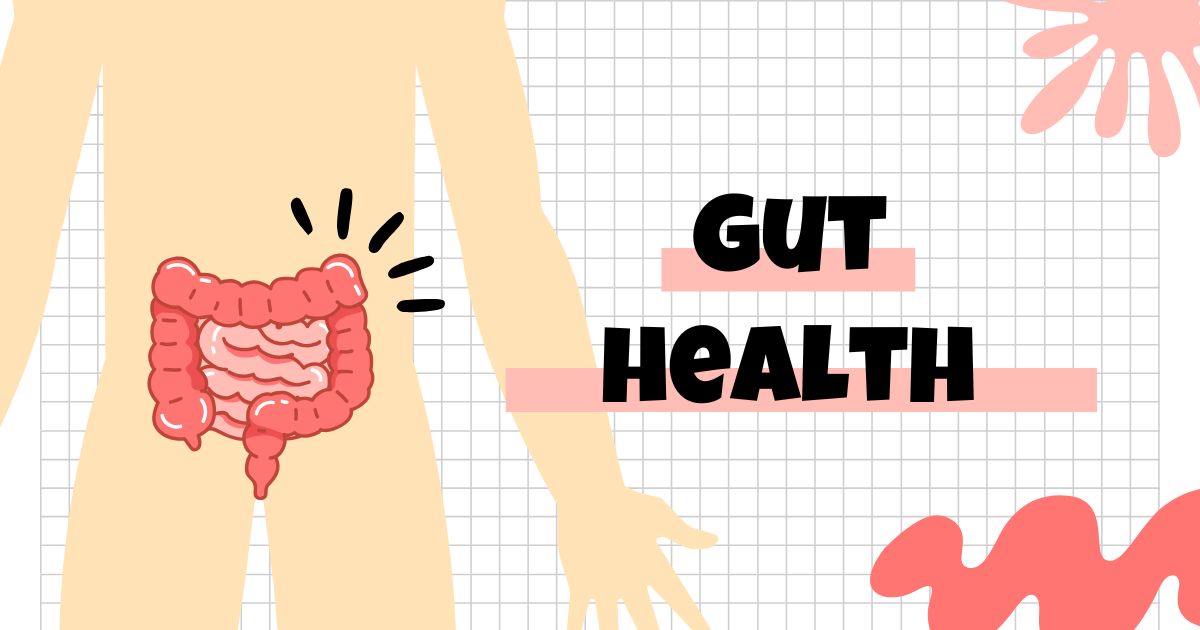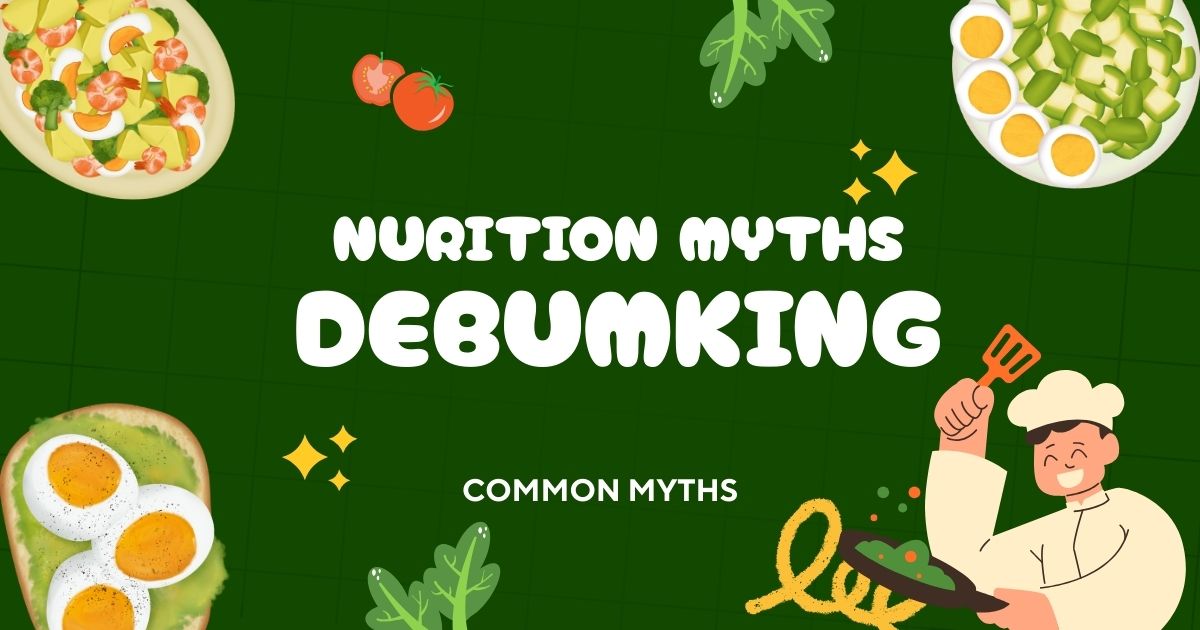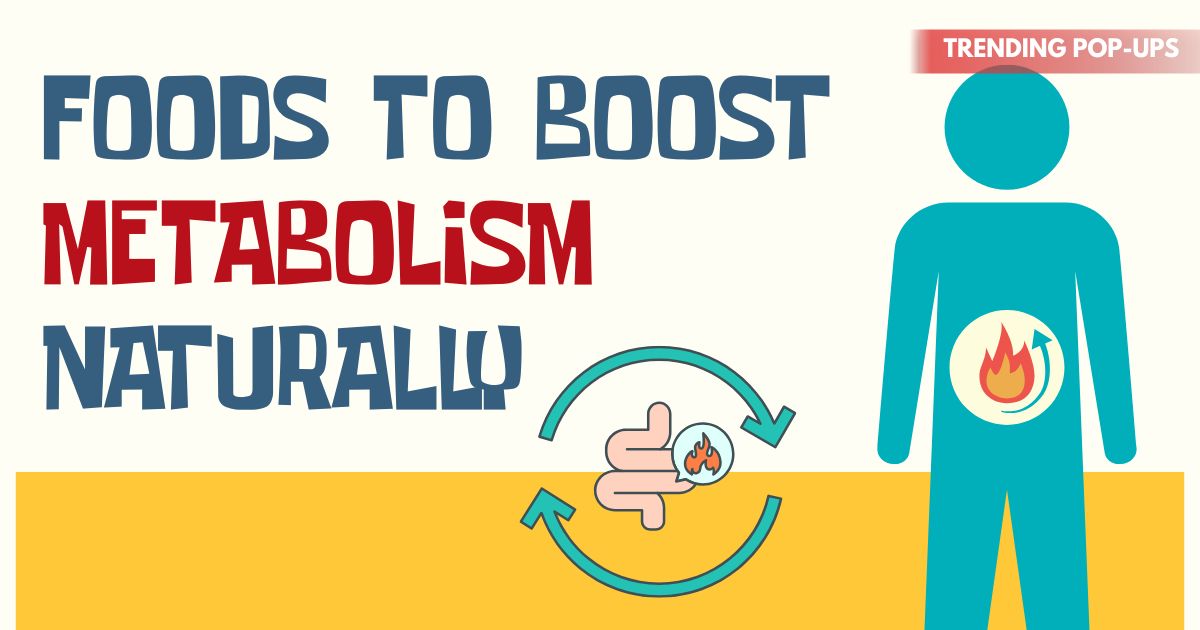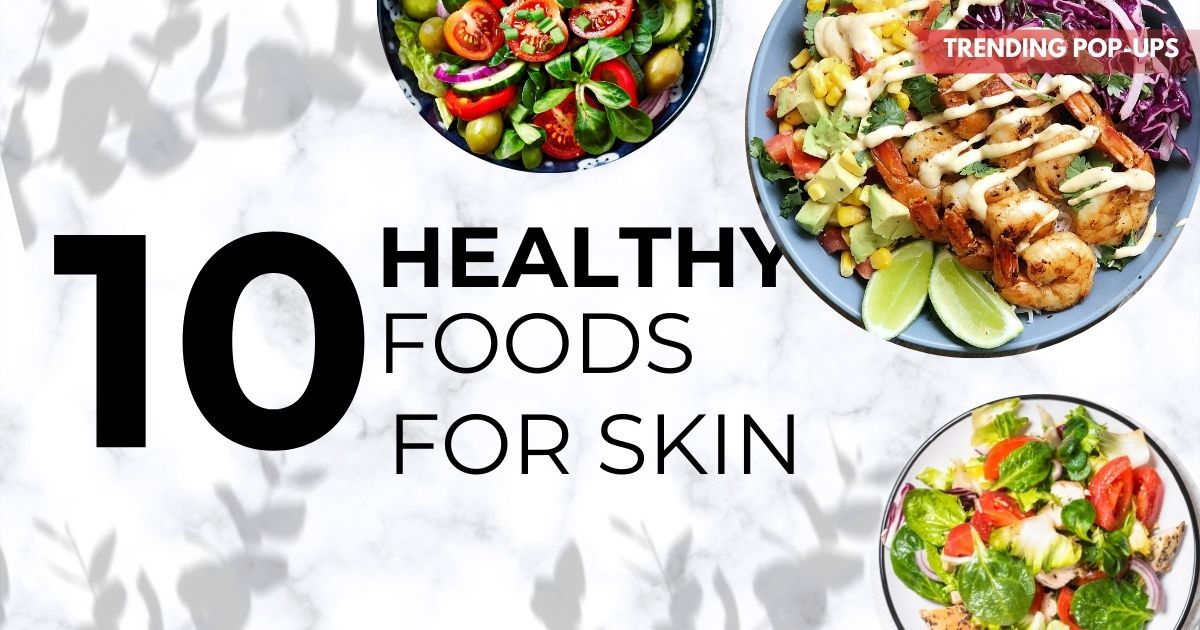Your gut is more than just a digestive organ—it’s a cornerstone of overall health. A healthy gut supports nutrient absorption, immune function, mental well-being, and even hormone regulation. With the rise of processed foods, stress, and irregular lifestyles, gut health issues like bloating, indigestion, and irregular bowel movements are becoming increasingly common.
In this guide, we’ll explore the fundamentals of gut health and identify foods that naturally heal and support your digestive system.
Understanding Gut Health
The gut, or gastrointestinal tract, contains trillions of microorganisms collectively known as the gut microbiome. This complex ecosystem of bacteria, fungi, and other microbes plays a critical role in:
-
Digesting food efficiently
-
Producing essential nutrients and vitamins
-
Supporting the immune system
-
Regulating metabolism and weight
-
Influencing mood and mental health
A healthy gut has a balanced microbiome, while an imbalance—called dysbiosis—can lead to digestive problems, inflammation, and increased susceptibility to disease.
Key Signs of an Unhealthy Gut
Some common indicators that your digestive system may need support include:
-
Frequent bloating or gas
-
Irregular bowel movements (constipation or diarrhea)
-
Unexplained fatigue or low energy
-
Food intolerances
-
Mood swings, anxiety, or depression
-
Skin issues like acne or eczema
If these symptoms persist, it’s essential to consult a healthcare professional.
Foods That Heal Your Gut
Certain foods are particularly effective at promoting gut health and restoring balance to your digestive system.
1. Probiotic-Rich Foods
Probiotics are beneficial bacteria that support the gut microbiome.
Examples:
-
Yogurt with live cultures
-
Kefir
-
Sauerkraut
-
Kimchi
-
Miso
-
Kombucha
Benefits:
Probiotics improve digestion, reduce bloating, and enhance immune function.
2. Prebiotic Foods
Prebiotics are types of fiber that feed healthy gut bacteria.
Examples:
-
Garlic
-
Onions
-
Leeks
-
Asparagus
-
Bananas
-
Chicory root
Benefits:
Prebiotics help probiotics thrive, improving gut balance and nutrient absorption.
3. Fiber-Rich Foods
Dietary fiber is essential for regular bowel movements and preventing constipation.
Examples:
-
Whole grains (oats, brown rice, quinoa)
-
Legumes (beans, lentils, chickpeas)
-
Fruits (berries, apples, pears)
-
Vegetables (broccoli, carrots, spinach)
Benefits:
Fiber supports beneficial bacteria and promotes a healthy gut lining.
4. Fermented Foods
Fermentation increases the bioavailability of nutrients and supports gut flora.
Examples:
-
Pickled vegetables
-
Tempeh
-
Natto
-
Fermented soy products
Benefits:
Enhances digestion, reduces inflammation, and improves immune function.
5. Polyphenol-Rich Foods
Polyphenols are plant compounds that help good bacteria flourish.
Examples:
-
Green tea
-
Blueberries
-
Dark chocolate (70% or higher)
-
Red grapes
-
Nuts
Benefits:
Polyphenols protect gut bacteria and reduce gut inflammation.
6. Healthy Fats
Omega-3 fatty acids reduce inflammation and support gut lining integrity.
Examples:
-
Fatty fish (salmon, mackerel, sardines)
-
Flaxseeds
-
Chia seeds
-
Walnuts
-
Olive oil
Benefits:
Anti-inflammatory effects improve overall gut function.
7. Bone Broth
Bone broth is rich in gelatin and collagen, which help repair the gut lining and reduce intestinal inflammation.
Benefits:
Supports digestion, soothes leaky gut, and enhances nutrient absorption.
Foods to Limit or Avoid
While some foods heal the gut, others can disrupt the balance of bacteria and cause inflammation:
-
Highly processed foods and refined sugars
-
Artificial sweeteners
-
Excessive alcohol
-
Fried and greasy foods
-
Red and processed meats in large quantities
Replacing these with gut-friendly alternatives can significantly improve digestive health.
Lifestyle Tips for a Healthy Gut
-
Stay Hydrated: Water helps digestion and nutrient absorption.
-
Exercise Regularly: Physical activity supports healthy bowel function.
-
Manage Stress: Chronic stress negatively impacts gut microbiota.
-
Get Enough Sleep: Quality sleep allows the gut to repair and maintain balance.
-
Eat Mindfully: Chew thoroughly and avoid eating late at night to reduce bloating and indigestion.
Sample Gut-Healing Meal Plan
Breakfast: Greek yogurt with blueberries, chia seeds, and a drizzle of honey
Lunch: Quinoa salad with chickpeas, roasted vegetables, and olive oil
Snack: Banana with almond butter
Dinner: Baked salmon with steamed asparagus and a side of sauerkraut
Beverage: Green tea or kombucha
Conclusion
Gut health is the foundation of overall wellness, and nurturing your digestive system with the right foods can improve energy, immunity, and mood. Incorporating probiotic, prebiotic, fiber-rich, and anti-inflammatory foods, while avoiding processed and sugary foods, is key to a healthy gut. Combine this with good hydration, regular exercise, and stress management to maximize your digestive health.
Also Read : Plant-Based Diet: Beginner’s Guide and Recipes
FAQs
Q1. How long does it take to improve gut health?
With a balanced diet and lifestyle, noticeable improvements can appear in 2–6 weeks, but maintaining long-term habits is key.
Q2. Can probiotics help with bloating and gas?
Yes, probiotics support digestion and can reduce bloating and irregular bowel movements over time.
Q3. Are all fibers beneficial for the gut?
Soluble fibers (oats, beans, fruits) feed gut bacteria, while insoluble fibers (whole grains, vegetables) aid bowel regularity. Both are important.
Q4. Is fermented food necessary for gut health?
Not strictly, but including fermented foods can enhance the diversity of beneficial gut bacteria.
Q5. Can stress affect gut health?
Absolutely. Chronic stress can disrupt gut microbiota, leading to digestive issues and inflammation.



